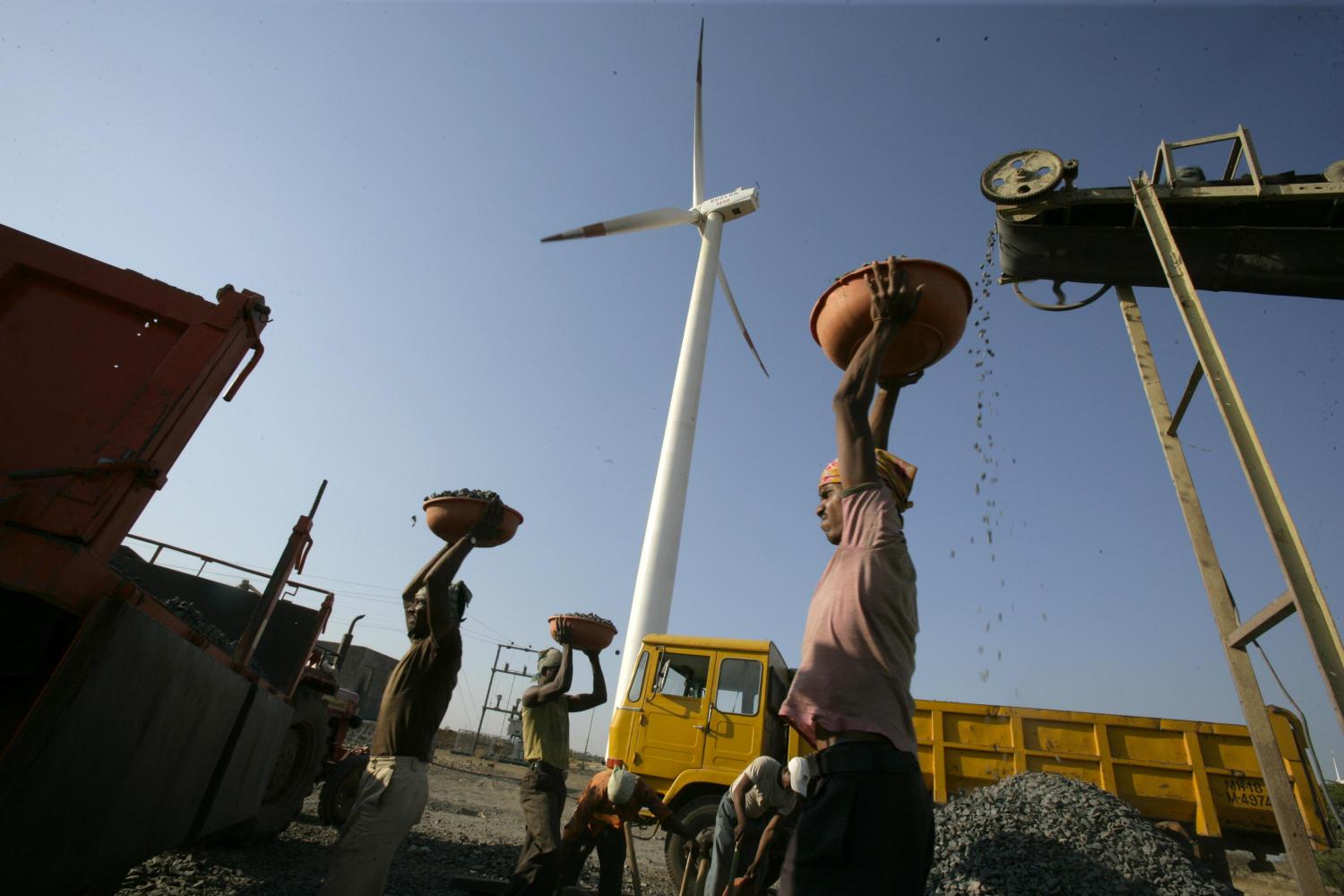
A new report entitled Respecting Rights in Renewable Energy Investments from the nonprofit Business and Human Rights Resource Centre (BHRRC) highlights how investors can help grow renewable energy—necessary for addressing our climate crisis—while not ignoring human rights.
“Investors have a key role to play in ensuring renewable energy companies respect human rights,” said Eniko Horvath, senior researcher at BHRRC, in a written statement to TriplePundit.
We do not often think of renewable energy as the culprit when it comes to human rights abuses. The fossil fuel industry, on the other hand, is rife with examples of such abuses: land grabs, the use of violent force, documented violations of indigenous rights, episodes of dumping pollution without notifying locals, and much, much more. Some cases are especially egregious, such as Chevron’s dumping of waste onto indigenous land in Ecuador, not informing them and, according to critics, refusing to clean it up. With these stories as a backdrop, it is easy to assume that renewables are intrinsically better when it comes to human rights, but that would be wrong.
In fact, the history of sustainable business, and even renewable energy, is filled with good intentions gone bad. Take, for example, biofuels, once seen as an important alternative to fossil fuels due to the fact that such plant-based sources could replace petroleum for use as transport fuel. In the early 2000s, countries like Indonesia and Malaysia embarked on massive palm oil planting binges to fuel demand for European biofuels—and alongside this came land grabs, labor violations, and even, in a few cases, the killings of local and indigenous activists.
Solar, wind, geothermal and other low-carbon and renewable energies are all technologies that we need to rapidly expand. But we need to make sure that their growth does not violate human rights or leave local communities worse off than they were before. Already, the BHRRC has identified 152 allegations of human rights abuses around renewable energy projects since 2017. These include the displacement of local people, violations of indigenous rights, death threats by contractors, intimidation and environmental degradation. BHRRC’s survey also found that only a small fraction of the companies evaluated had met basic human rights criteria within their business practices.
“Given the urgent need for investments into renewable energy to tackle climate change, we’re concerned about the rising frequency of human rights abuse allegations linked to the sector, and believe this should be addressed now to ensure a just transition to a low-carbon economy,” Horvath said.
One way the renewables sector could avoid these problems is to factor in human and social impacts from the very beginning. The report notes that most renewable energy companies do not have in place basic human rights processes. Investors can push for them to adopt policies in line with agreements like the United Nations Guiding Principles on Business and Human Rights, and also ensure they incorporate best practices such as human rights due diligence processes allowing them to identify risks before they become abuses.
It is important to note that the report does not target renewable energy companies directly, but rather, investors, as they are the ones who can exert pressure to mandate changes in a company’s operations. Moreover, investors often have broad portfolios, giving them leverage to help bring about industry-wide change.
“If investors take up this opportunity, they can help protect both the planet and people, and create a more just, safe and sustainable world,” Horvath told us.
If investors, companies, designers and communities can work together, we can ensure that the clean energy transition is not only good for the planet, but for people as well. This BHRRC report offers a key tool for any ethical investor who wants to make the greatest possible impact for people and the planet.
Image credit: Land Rover Our Planet/Flickr

Nithin Coca is a freelance journalist who focuses on environmental, social, and economic issues around the world, with specific expertise in Southeast Asia.














